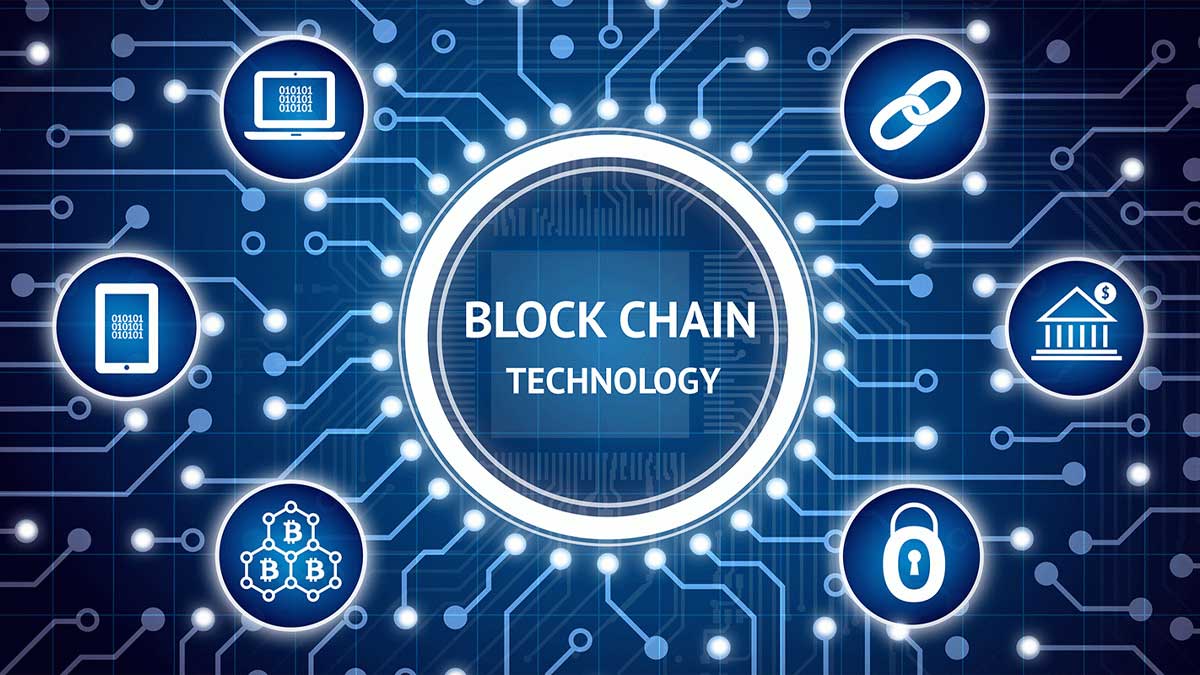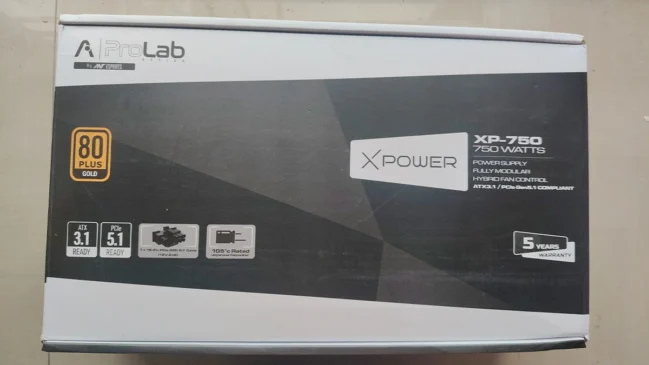
According to a report, the global market for non-cash transactions grew at about 10.1% during 2015-2016. This was a tremendous growth over the previous session.
The modes of payment have evolved a lot over the years. From, when all the payments were made in cash only, to now, when most of the payments are made electronically, the user experience has also evolved.
To put this into perspective, before the 17th century for every purchase, buyers would need to carry mint currency for transactions. And then by the end of the century, cheques reduced the need to carry huge amounts of cash. Followed by technological inventions such as plastic cards, and then credit or debit cards, the transactions were further simplified.
While the methods of payment evolved, the threats to personal wealth also evolved. And so is the security for making online transactions.
One such technology is blockchain.
What is Blockchain Technology?
As the name suggests, the technology creates a chain of blocks of data, for every transaction that is made. Essentially, the technology can be synonymously referred to as an electronic ledger.
However, the difference lies in the way the chain is formed.
For every transaction or payment, a block is added to the ledger. As per the innovative payment solutions experts at HPS Worldwide, the blocks can be added and shared, but not edited. And this feature, essentially, makes this technology one of the safest at the moment to protect financial information.
Are There Any Other Benefits Of Using Blockchain?
Blockchain technology, as already mentioned, guarantees more security in online transactions. However, security is not the only benefit the technology has to offer.
Speedy Processing
A noteworthy feature of the network shared ledger is that every peer involved in the transaction can view and add information. In other words, the blockchain ledger is shared over all devices connected to the network.
This simplifies the overall processing rate of the transactions. Perhaps, traders and consumers can easily maintain their books and financial documents with this information. Thus, speeding up the overall payments process.
Lower Costs
Blockchain technology eliminates any need for paper-based manual processing. According to a survey, blockchain technology can bring down the costs of operation for financial transactions.
For example, with the existing banking infrastructure, it could take as much as 44 days for resolving any discrepancy. On the other hand, with blockchain, this time could be brought down to mere 10 days. And, it needs no mention that reduced grievance redressal time would mean a lot of cost savings in the process.
Self-Executing Contracts
Trading finance solutions, usually, require contracts to process any transaction. For example, a buyer from Sri Lanka may request medicines from China, and for safe transactions, both parties may require to enter a contract. However, the blockchain ledger can contain self-executable small programs, often known as contracts.
This could eliminate the need for any manual contracts. The self-executing programs can manage the payments at the designated time and date. And accordingly, the parties involved in the transaction can easily manage their contracts.
In short, blockchain technology could be the futuristic solution to all financial needs. Not only does it promise a safe and secure environment for sending and receiving money, but also ensures convenience for all.








